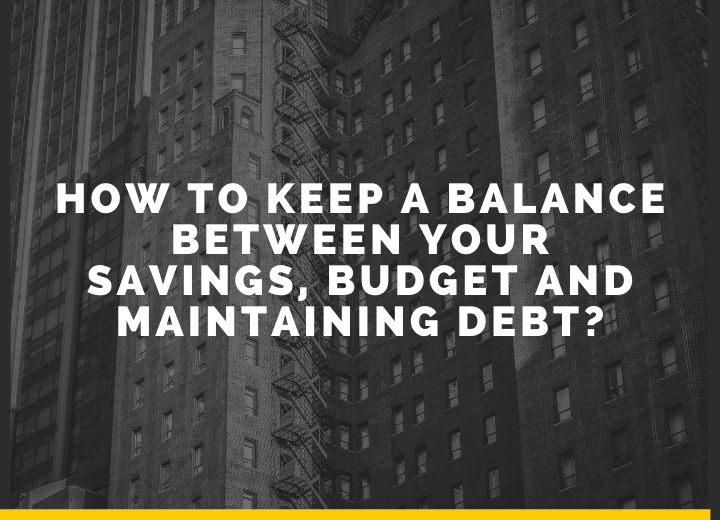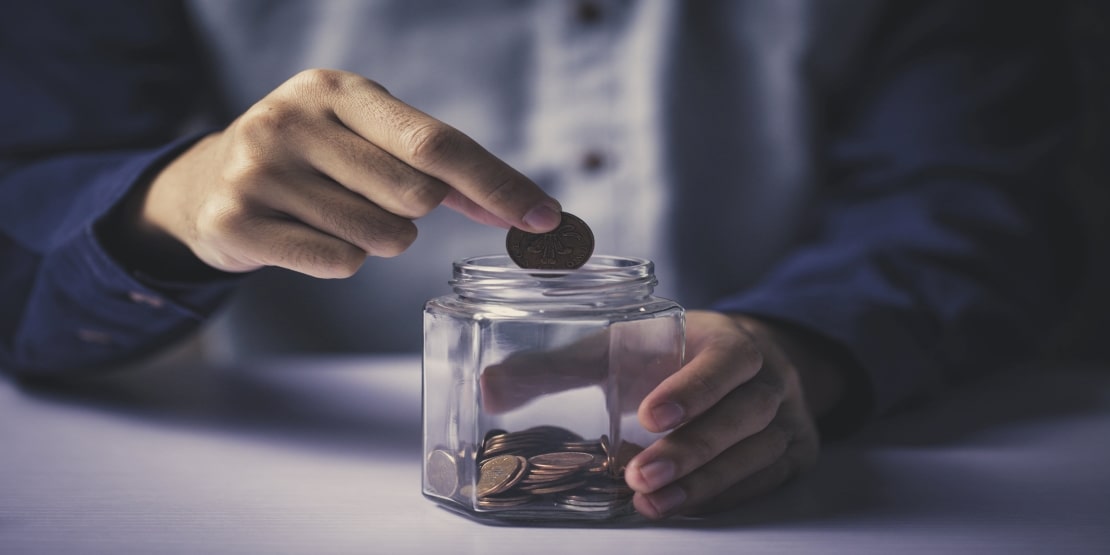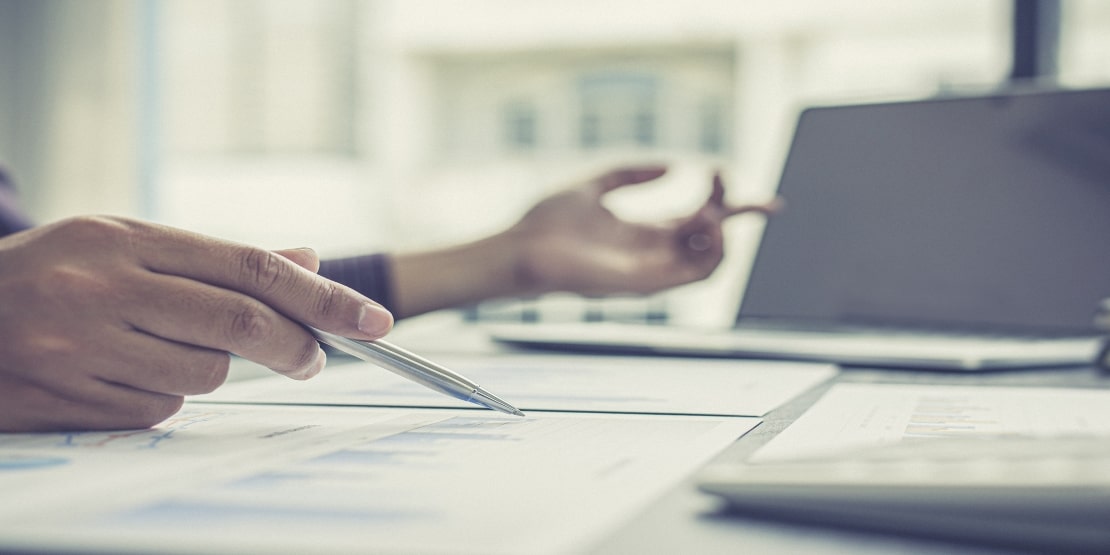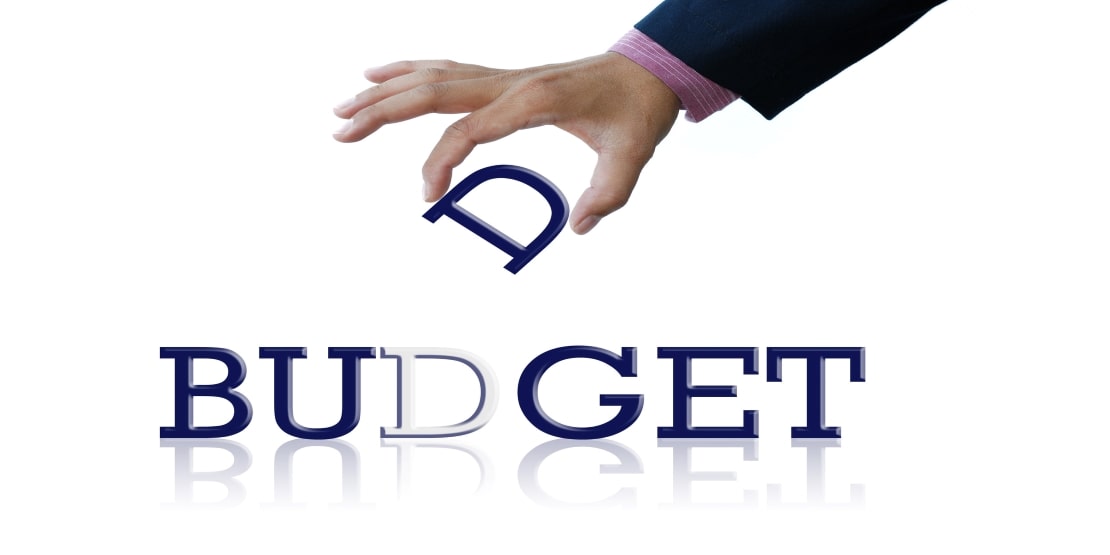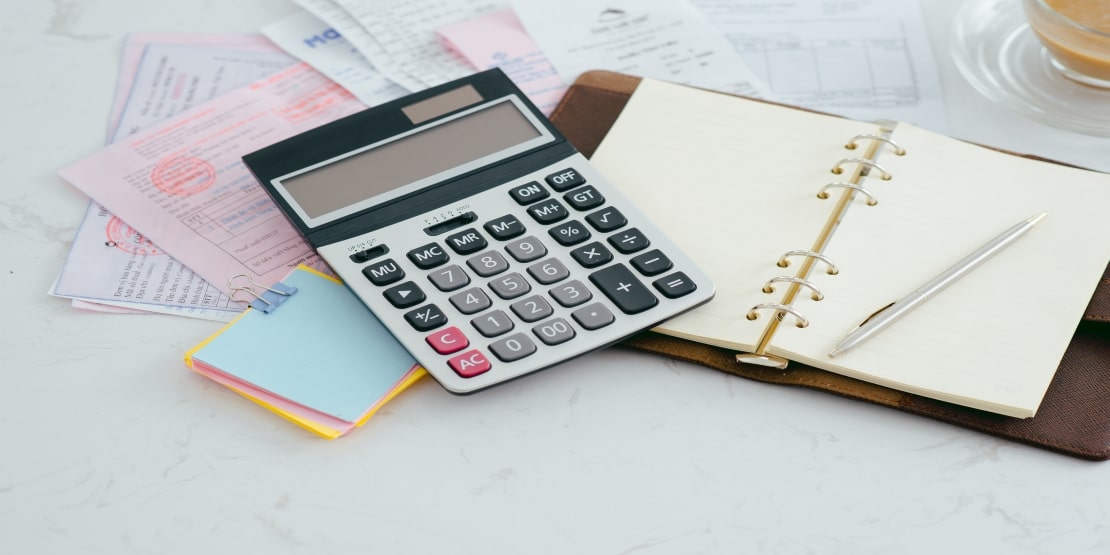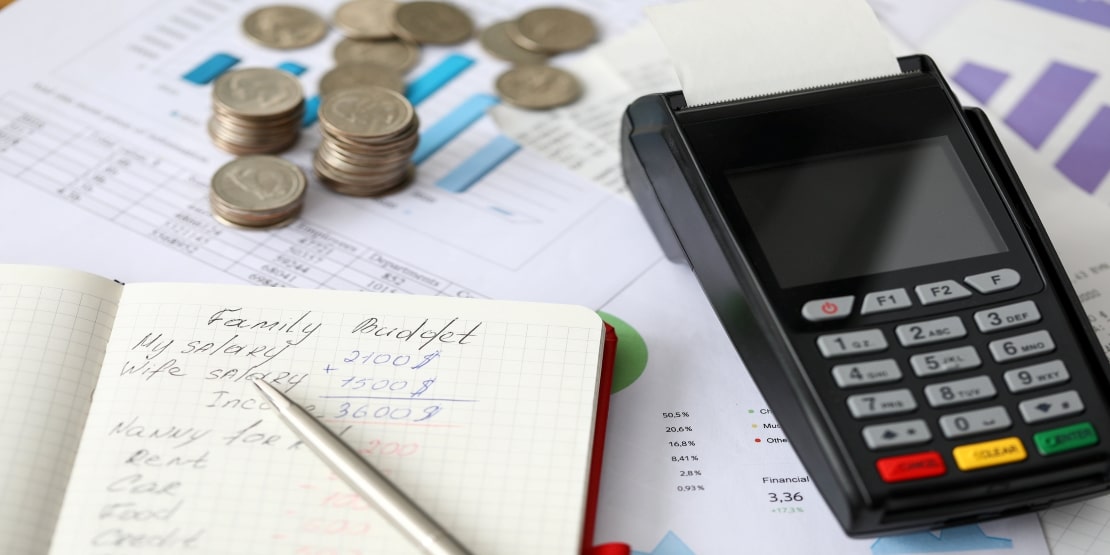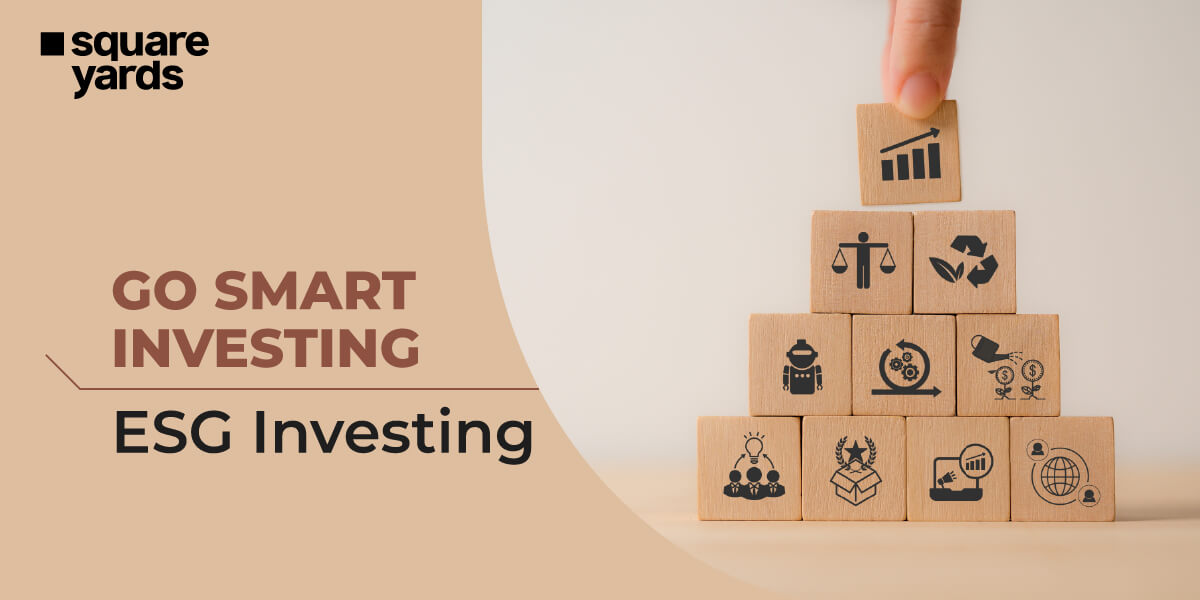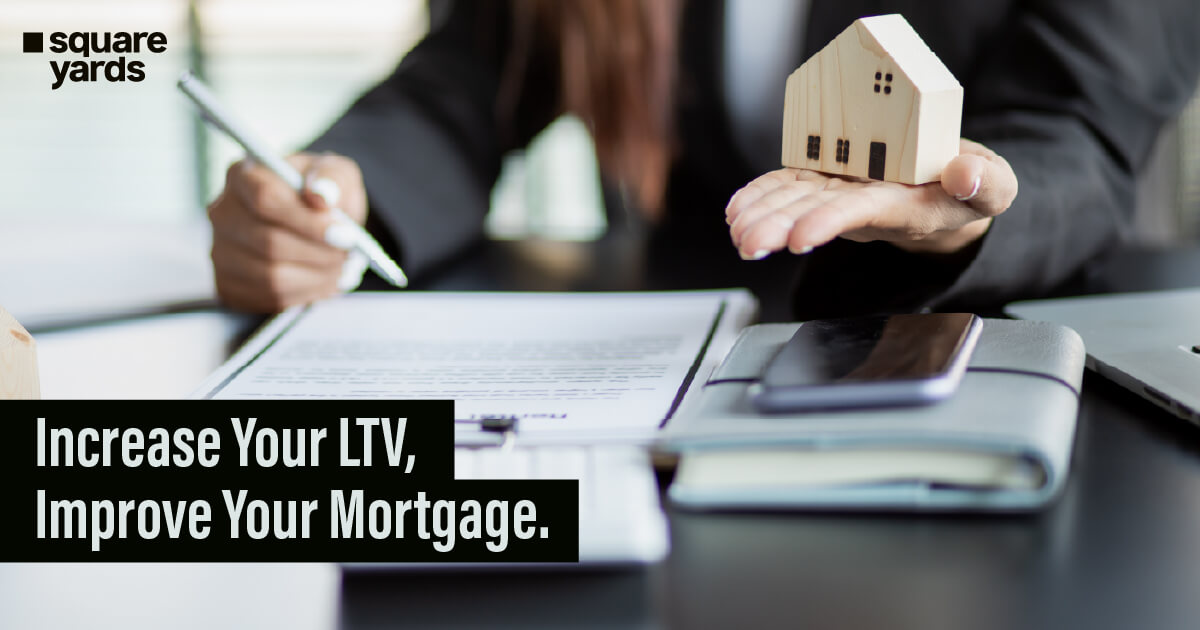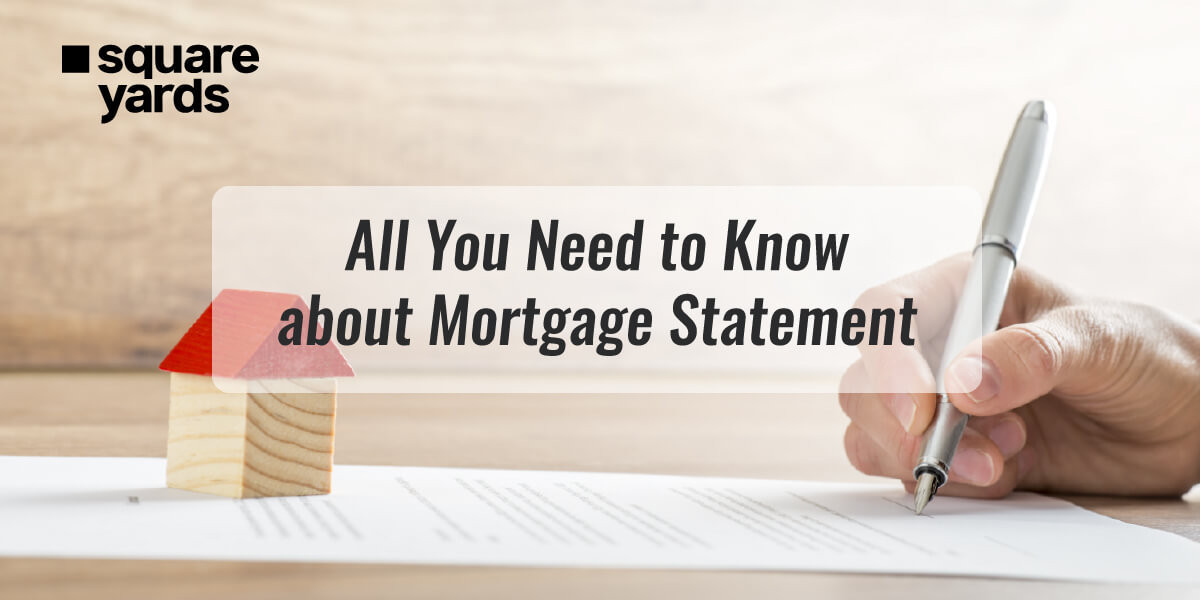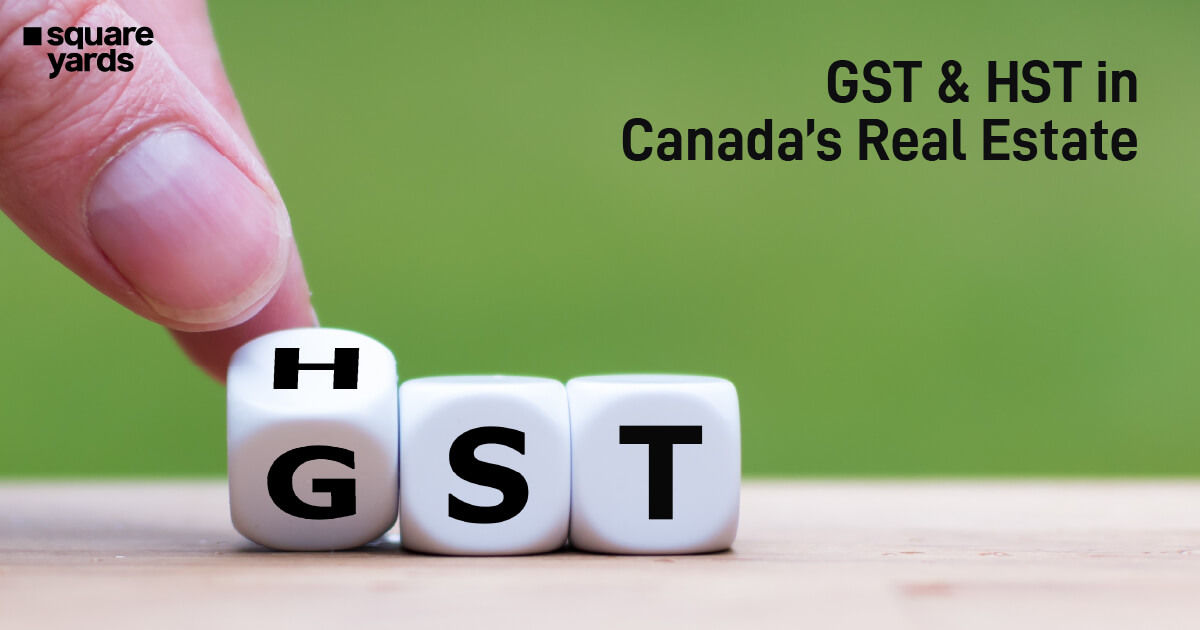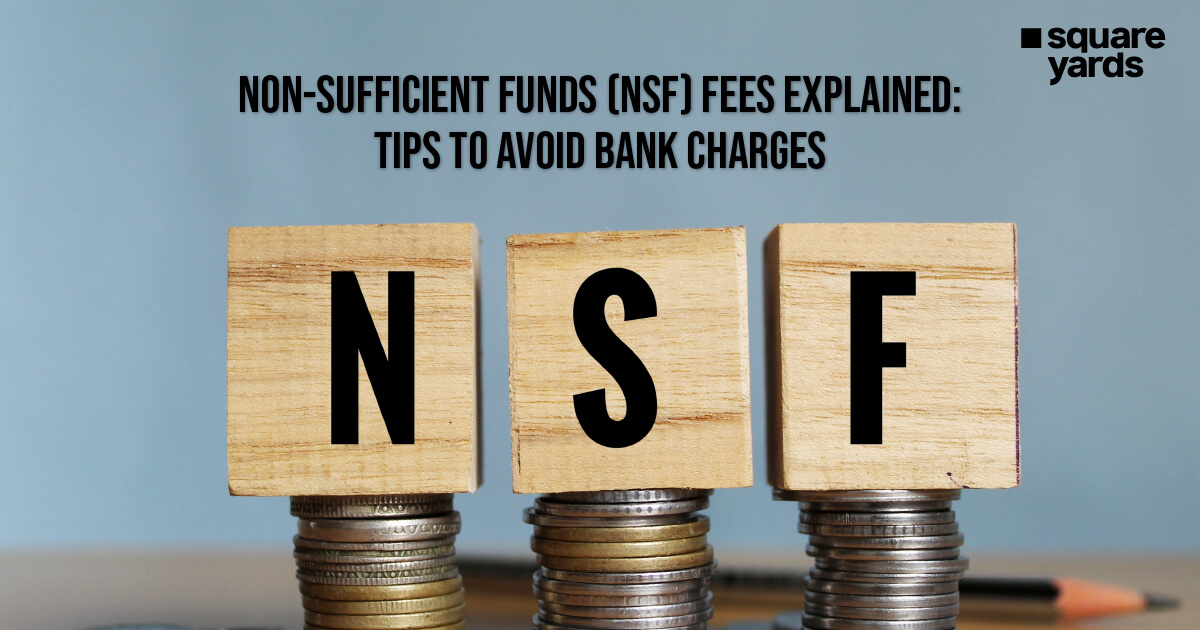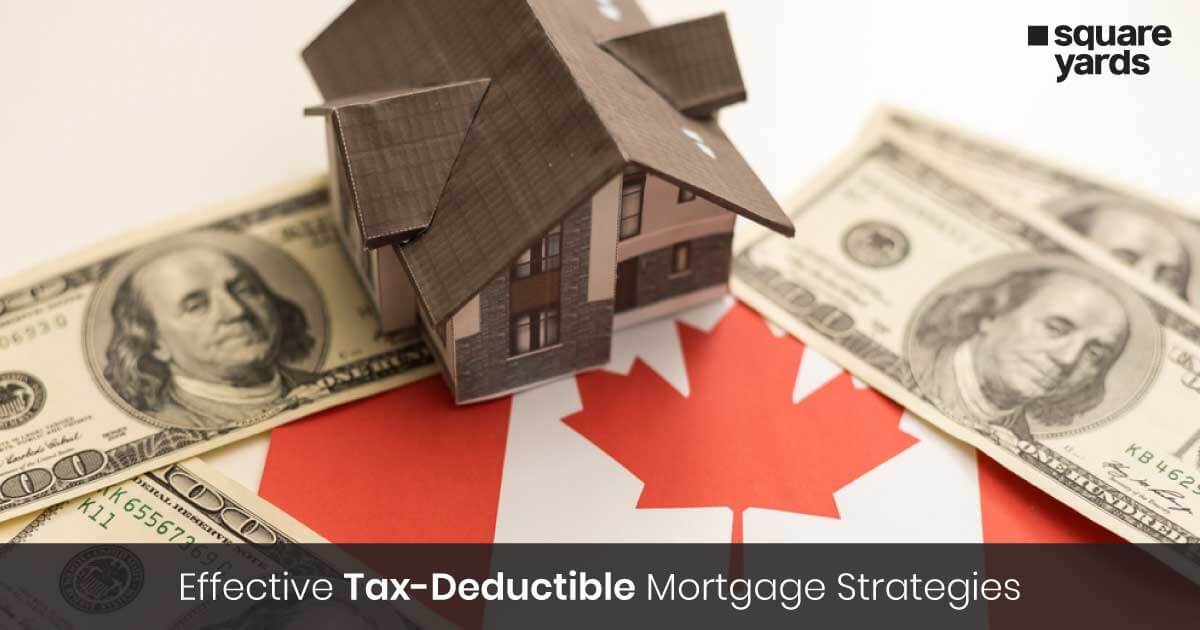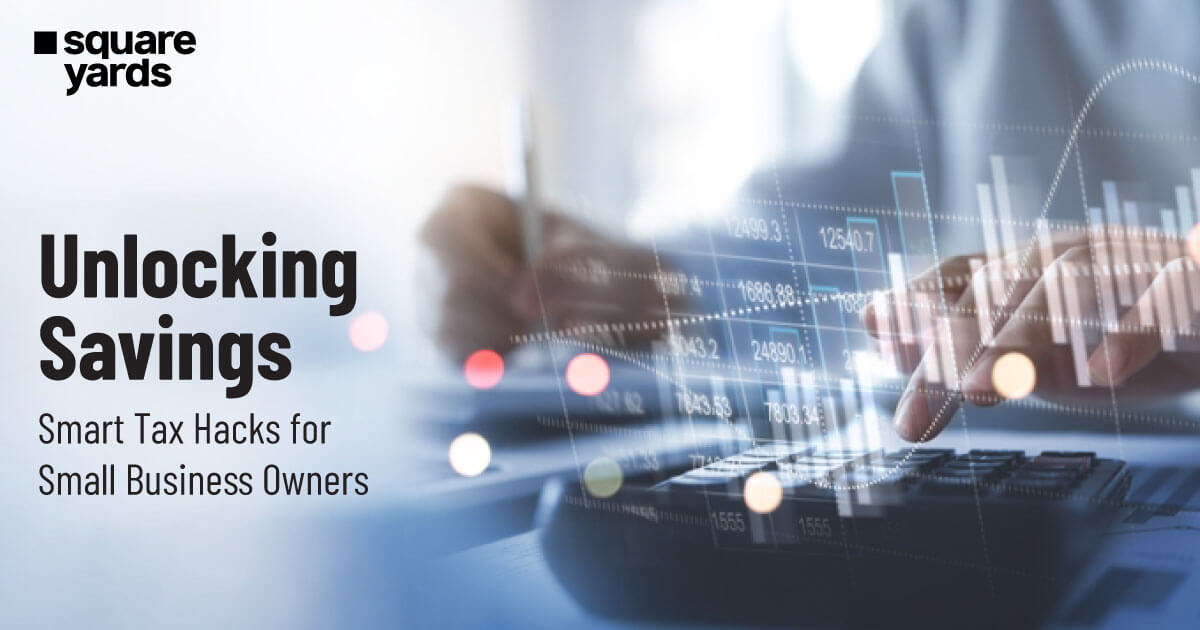Facing trouble while paying off debts? Are you paying extra interest charges each month? Are you confronted with other unexpected expenses? As hard as it may sound to you, spending more money on interest charges to pay off a debt is not an accurate option. Moreover, it’s an absolute myth that practicing the same will help you get rid of the debt any time sooner. This blog will help you find some easy ways to efficiently pay off debt, budget your needs and how to plan your savings.
How to Save Your Income?
The secret ingredient to managing your expenses is savings. An important part of budgeting, savings, is a set amount from an individual’s income. If an individual decides to keep some amount aside from their income every month. It becomes easier to pay off debt easily.
This amount kept aside as a part of savings has a lot of advantages. It can help you to cover expenses for your house maintenance, paying off debts or insurance premiums, car maintenance, financial crisis or medical emergencies. This is a smart move that you can take to have a secure and peaceful life. Not practicing the habit of saving might result in various mortgages, thereby affecting your financial credibility.
Different Ways to Pay-off Debts
These ways will help you pay off your debt and also help you manage all your other expenses.
-
Regulate Your Annual Expenses
The best way to regulate your annual expenses is to take a look at your account statements and by creating a calendar. It is totally based on your necessity for that particular year. In case you are confused about the elements to be included in your annual sheet, then it is better to list your finances. Start with writing down the most basic expenses which include your groceries, transportation, entertainment, personal care, and subsistence expenses, followed by your main expenses which include your children’s education fees, insurance, EMI payments, medical expenses as well as housing expenses.
Once the list has been made, you can calculate the total expenses for that particular year and divide it by the number of days you receive a pay cheque.
-
Make a Realistic Budget Plan
It is important for an individual to make a realistic budget plan for themselves. Doing so will help them decide their savings and payment brackets accurately. Whereas, if a budget is made on assumptions there are chances for the plan to have discrepancies. In order to avoid hiccups, a systematic financial plan is crucial. It will give you the exact idea for your spending and will aid the process to pay-off debts.
-
Try and Include Your Annual Expenses in Your Budget Plan
As mentioned above, make a realistic plan for yourself. It is advised for an individual to reduce their monthly spending to include the deducted amount in annual expenses. The best way to calculate the new budget is by making use of the minimum amount that is needed to pay off debt. Once you are through with this, you can then make an effective plan to pay off debt faster.
-
Open Another Account for Your Savings
It is best for a user to open another account for all their savings. With an automatic transfer feature included, the day your main account is credited. The same day your decided amount gets transferred to your savings account. Doing so will help you to manage your expenses in a much better way. Also, you can invest in any kind of credible financial plan that helps in securing your future, once you know your savings account has a sufficient amount ready.
-
Make a List for Your Daily Expenses
Another way to keep a check on your annual expenses is by making a tracker for your daily expenses. All you are required to do is make a ledger that has a column for both your annual as well as your daily expenses.
Once the sheet gets prepared, make a point to always note the amount that you withdraw from your savings account and tally the same at the end of the month. Doing the same will help you get the exact figure that has been withdrawn and always keep you updated.
Also, it will make you aware of the increased spending on a particular category, for example, car maintenance. Once you know you have spent more than the decided amount you can easily adjust the surplus money by expending less on some other category. This is exactly where your spreadsheet comes in handy and helps you in paying off debt efficiently.
-
Keep a Balance Between Your Spending and Savings
The key to paying off debt fast is to always keep a balance between your savings and spending. It is important for you to manage both equally. The three main factors that can help you achieve this balance easily are compromise, discipline and patience. Who doesn’t like to live a beautiful and lavish life, but sometimes it is important for you to control your unnecessary spending to have a secure future for yourself. It is true that when you are preparing a budget, you might have to make some adjustments at the start. However, as and when you continue with the process the procedure becomes pretty easy to follow. Eventually, a sense of balance within your habits will lead to paying off your debts.
This approach of balance between your savings and spending will help in making your account grow in the long term. Additionally, a decline in the number of your debts that need to be paid.
You May Also Know
Frequently Asked Questions (FAQs)
The best way to manage your debt is by making a habit of preparing a budget that will track your expenses, avoiding taking a surplus of debts, reducing the usage of credit cards and ensuring timely payments of bills and installments.
The best way to save and pay off debts at the same time is by making a balance. Savings could be done for anything like your medical emergency, future planning, a dream, and even as a small step to pay off debt. Additionally, make a systemic budget that charts your incomes and expenses.
It is always suggested for you to pay off debts first and try to reduce the pending amount as much. But that does not mean, you don’t save. This is the reason it is always advised for you to add even a little of your amount to your savings account, till the time you are also supposed to pay off debt. But once you are through with the same you can transfer a large portion of your income into a savings account. This amount can also include the amount that you might have been using to pay off debts.
Normally, a monthly debt amount includes an individual’s rent or any kind of mortgage. But it is advised for an individual to never exceed more than 50% of their monthly income. Therefore, it is recommended for you to carefully check for the budget before you decide on taking any kind of debt further.
It is always good to avoid using your savings amount to pay off debts. This is because if you use all your savings to pay off debts, it will eventually leave you with no money. In case of emergencies, be it medical or otherwise, you will have no money left in your pocket. To meet those expenses at that time you will consider taking more debts and this cycle will then become never-ending.

